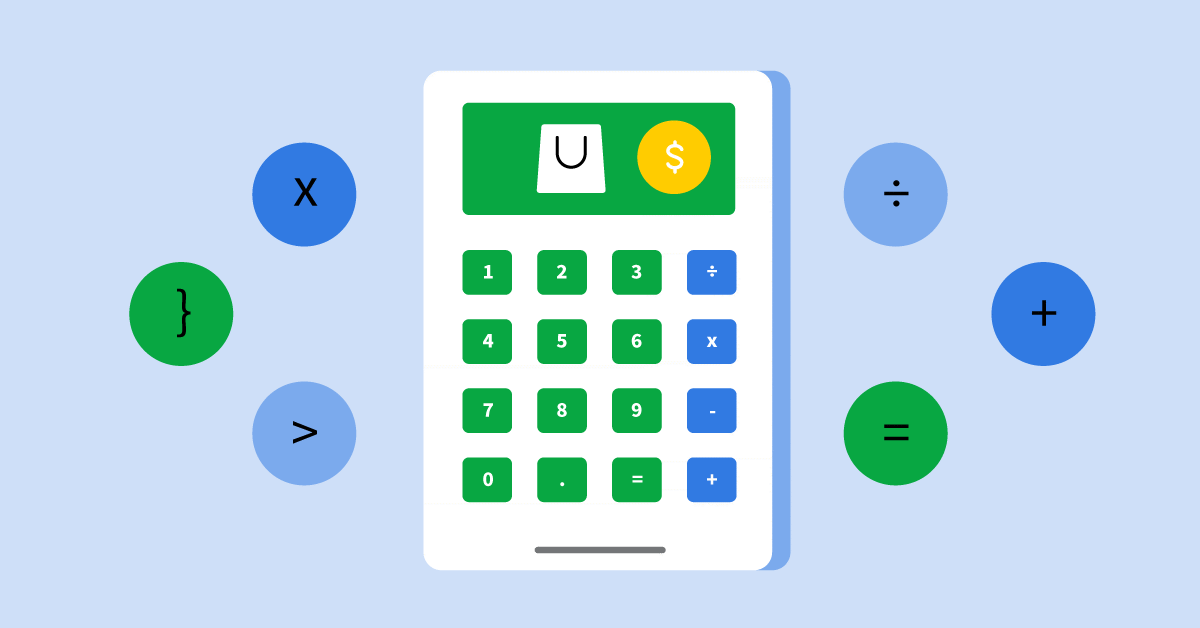A 401(k) loan is a tool you can utilize to take out cash and after that repay it in routine installments. These loans are usually interest-free. When you pay interest on them, it goes right back into your savings account, ready for you to access in the future. The disadvantage is that you will lose out on the return that your borrowed funds might have created, had you left them in your account. If you default on any exceptional loans, the Internal Revenue Service might choose that they are not tax-deductible, increasing your earnings tax bill. Finding a second home is an obstacle, especially if you intend on buying in a location you do not understand much about.
They will be able to provide you all the info you require to make a sound choice. Invariably, you will deal with unexpected additional expenses when buying a second house or getaway home. Things like needing to renovate the home or paying a company to manage it when you're not there all eat into your returns. You may also need to pay extra insurance coverage expenses if you rent it out. Unfortunately, not everybody can manage to buy a 2nd house upfront. The quantity Visit website that you can obtain will depend upon just how much of your after-tax income already goes towards paying the home mortgage on your existing home.

Taxes on second houses vary from those on main homes. Once again, this can consume into your returns and trigger you monetary headaches if you don't completely understand it. You can't, for instance, deduce second-mortgage interest from your gross income. When it comes to funding your second house, for that reason, you have lots of options. So long as you have adequate wealth currently, you can generally generate significant additional income from a 2nd property and enjoy it whenever you like. Related:.

If you choose to get another home mortgage to pay for a 2nd home, lenders will look carefully at your debt-to-income (DTI) ratio to identify whether you can handle two home mortgage payments. A low DTI also works to your advantage since it assists you qualify for a lower interest rate on the loan. For 2nd homes, lending institutions choose a DTI below 36%. If your DTI is high, you have a number of alternatives. You can settle more debt prior to purchasing another house, buy a less costly house or increase the quantity of your down payment. Some lenders want a down payment of 10-20% on 2nd homes, potentially more if it's purely an investment property. First, build up all the costs. Not simply the costs that go into the purchase, but the expenses that may not be immediately apparent. These include your deposit and month-to-month mortgage payments, along with closing costs, energies, property taxes, insurance, landscaping, travel expenses and other maintenance. On your main mortgage, you may be able to put just 5% down, depending upon your credit score and other elements. On a second house, however, you will likely need to put down a minimum of 10%. Since a 2nd home mortgage Additional resources normally includes more financial pressure for a homebuyer, lenders usually try to find a slightly higher credit history on a 2nd home mortgage.
Otherwise, the process of looking for a 2nd home mortgage resembles that of a main home home loan. Similar to any loan, you must do your research, talk with several lending institutions and pick the loan that works finest for you. Before you look for a 2nd house mortgage, review your credit history, properties and income, similar to a loan provider will. To purchase a 2nd house, you'll likely require additional money in reserve that might cover your home loan payments in case you have a momentary loss of earnings. Well-qualified people likely need a minimum of 2 months of reserves, while less-qualified candidates might require a minimum of 6 months of reserves.
Debt-to-income (DTI) requirements for a 2nd home mortgage might depend upon your credit history and the size of your deposit. Usually speaking, the more you put down and the greater your credit rating, the more likely your lending institution will allow a higher DTI. Some property owners might pick to offset their costs by renting their villa when they're not using them. Doing this might violate your mortgage terms due to the fact that you are using the residential or commercial property as an investment rather of a real second house, wesleyan financial leading to greater risk to the loan provider. To certify as a holiday or second home, the residential or commercial property must: Be resided in by the owner for some part of the year Be a one-unit home that can be used year-round Belong only to the purchaser Not be rented, or run by a management firm You have a few options to consider when making a deposit on your 2nd home.
If you have actually developed enough equity in your main house, a cash-out re-finance allows you to tap into that equity, particularly if your house has increased in value considering that you purchased it. Debtors with great credit can generally obtain up to 80% of their home's current value (How to finance building a home). Prior to you go this direction, make certain you can pay for the bigger regular monthly payment you'll now owe on your main home. A HELOC, or home equity line of credit, on your main home is another popular choice. If you have enough equity in your primary house, you can take out a line of credit and use those funds to make a deposit on your second home.
7 Easy Facts About How To Finance A Home Remodel Explained
Buying a 2nd house may appear difficult, but if you understand what to expect and review your financial resources, it might be simpler than you think (Which of these is the best description of personal finance). Keep these aspects in mind as you think of whether you can pay for a 2nd house, and how to get a home loan for it.